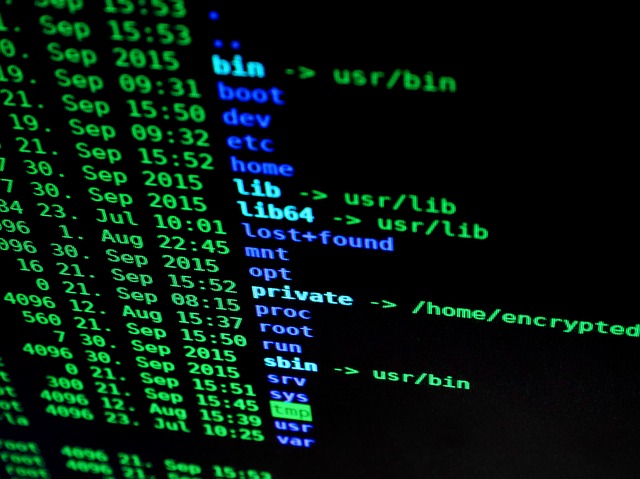Virtual private networking should be a standard connection type offered by internet service providers. The reasons behind this seem appalling.
Think about that statement for just one second… any longer, and you might develop a small migraine. Why would decision makers from companies such as Google, Facebook, Yahoo, Time Warner, and Comcast want to know what moves across their network from your home, work, small business, or home office? What do they gain from knowing what websites you’ve visited, what search engine key prompts you’ve entered and what applications you’re using and at how much bandwidth? It doesn’t appear to be due in part to security reasons and that’s why perhaps we’ve reached a far more consequential and grim reality in terms of what web security and online privacy means for us as the end user.
Online security and privacy are the responsibility of the end-user. Simply put, If you don’t protect yourself or just don’t know how to, we’re sorry, but it’s your fault.
This means the internet service providers offer services geared towards increased revenue through advertising while data mining the feedback you blindly provide to them with a day full of browsing habits.
Don’t get us wrong… They’ll protect a designated email so long as it’s a service they offer or you pay for, but what happens when there’s a compromise on their end? What is actually happening?
Well, you’ll likely receive an email from a CEO who admits the vulnerability exists or existed, then recommends that you change your password all while providing assurance that the vulnerabilities will be or have been fixed… As for the data compromised… Well, it’s complicated…
What data was actually collected? Seeing how the company is sending you an email, one can only assume that your message log and provided contact information could likely be a factor. This could include correspondences saved, sent, and received, flagged messages, and saved contacts.
Meanwhile the party or parties responsible for using said vulnerability are nowhere to be found, and seeing how they were smart enough to cloak their activities, it’s hard to hold someone, much less some thing, accountable.
Your web browser right now, even as you read this blog page, is compiling site traffic that builds up lists and charts of analytical data which gives us perspective on your browsing habits while you engage and navigate through our website. Everything from what pages you’ve looked at, to how long, to even what kind of device, and operating system you’re using is included.
Should we go further or are you thoroughly freaked out yet?…. Let’s go further, because…. why not….
Since you’ve read this far, we’ve discovered the web browser your using. We even know what service you’re using to connect to the web. Additionally the resolution of your computer screen(s), and even a location based on a recorded Internet Protocol, (IP address) from your Internet Service Provider (ISP), or cellphone provider.
Heck, we even know how long you’ve been here, how you arrived, and what website you will navigate to as you leave ours.
Before you have a panic attack, keep in mind, we’re web designers that have a devotion to helping small businesses and entrepreneurs succeed. Also, at no point is any of our analytical info shared or relayed to third parties.
VPN is your friend
Assuming we still have your attention thus far, encrypting a data signal between our laptops, pc’s, and tablets protects the consumer from third party products handled by internet service providers? It also assures any company you wouldn’t want involved in your business fails to intercept any readable data through an unsecured connection, add-on, or third party app. In the event that there is a security compromise, data retrieved by the third party, in theory, would be incomprehensible due to encryption.
Another reason for encryption is freedom. As seen in countries where internet service providers are run strictly by their governments; virtual private networks (VPN’s) can mask an ip address location which can provide the user access to sites that they would otherwise be restricted or blocked from. The user can then browse and communicate online anonymously.
In a small business setting, a dedicated IP address that people access from devices from a remote location, it imperative that those devices are secured from outside vulnerabilities, yet are they?

And by them, I mean site trackers:
Update: People have asked if we have a recommended VPN service… We’ve found Nord VPN to be the fastest with the best annual price subscription-wise
Most users that have VPN, like those using the browser TOR, report reduced performance and speeds. We too saw an observably drastic reduction as well with speeds dropping from 38mbs to 2.1mbs (Megabytes per second). Over the next 5-10 years however, data transfer speeds are expected to approach near light speed as fiber optic connections become a standard. Both VPN software and TOR will likely evolve with theses technologies.
Secure Site License = Safer Online Shopping Experiences
Don’t buy from websites that do not have a Secure Site License or SSL! That little lock icon at the top left of the browser address is important! This dedicates the website to an encrypted server and routes data you send thru website forms through an encrypted connection. This means no compromises to your name, email, contact address, credit card, but most importantly, your identity. An example of what a secure site with a valid SSL looks like is below:
Good Luck, and browse safe….